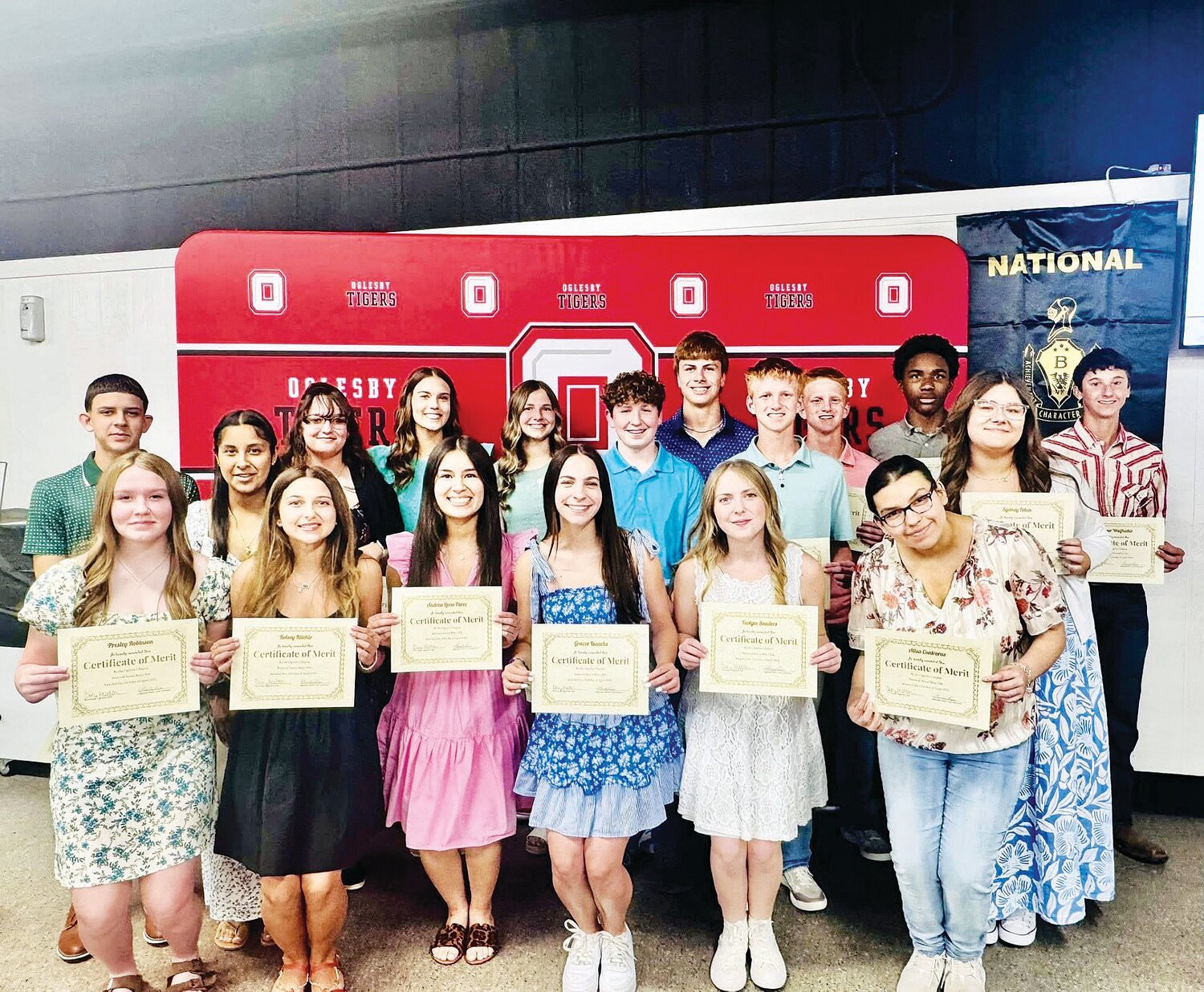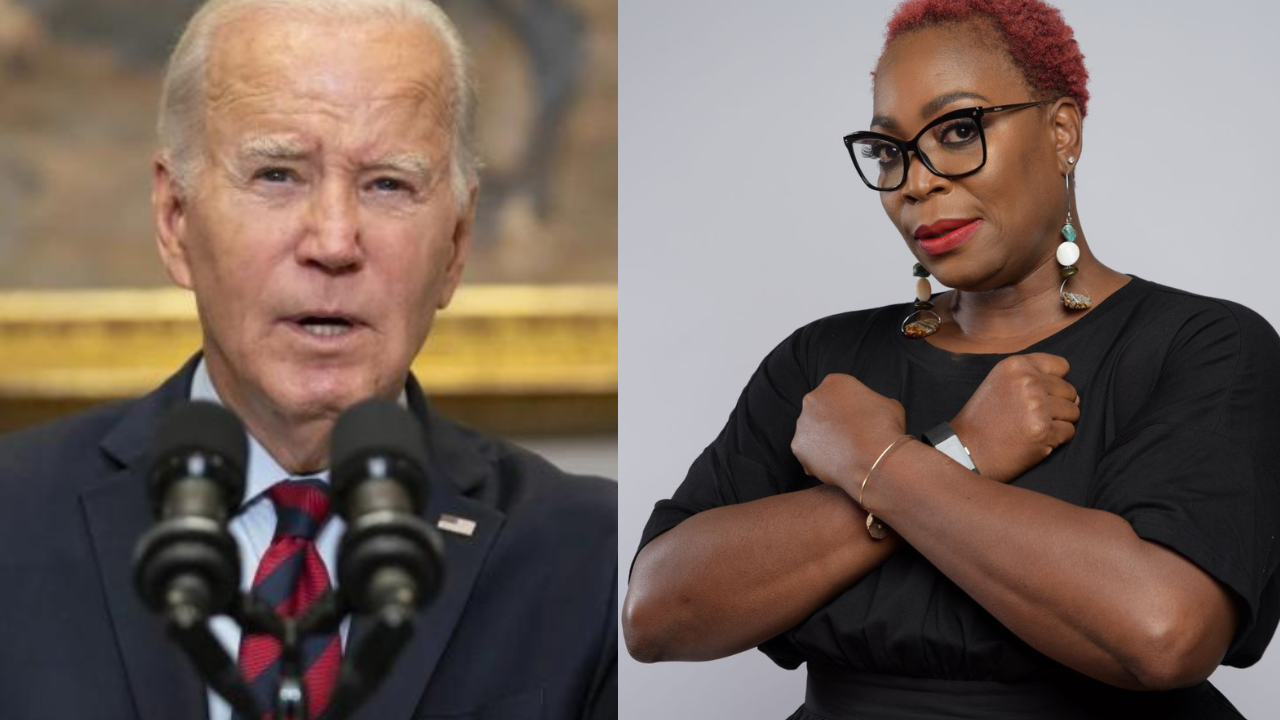Could a carefully orchestrated interview truly shape the narrative, or does the truth ultimately emerge despite the best-laid plans? The recent revelations surrounding a local radio host's interview with a prominent political figure raise critical questions about media manipulation and the delicate balance between informing the public and controlling the message.
The airwaves, once seen as a bastion of unfiltered conversation, are increasingly scrutinized for potential bias and influence. The situation involves a Philadelphia radio host, whose name has become synonymous with controversy, found herself at the center of a political firestorm after details emerged concerning her interview with a high-profile figure. The interview, occurring in the wake of a significant debate, was purported to be the first public dialogue after that debate and was eagerly awaited by many. However, the conversation's dynamics, and the manner in which they had been orchestrated, painted a picture of a carefully managed exchange rather than an open exchange of ideas. The host admitted to receiving a set of questions, predetermined and approved by the figure's campaign team, prior to the broadcast. This revelation sparked a debate about media ethics, transparency, and the public's right to unvarnished information.
The ensuing fallout has been swift. The radio host, who has since departed from the Philadelphia station, found herself at the center of a media maelstrom. Her actions have drawn condemnation from some quarters, while others suggest a more nuanced understanding of the media landscape. The event also underscored the challenges that face women in the media, and, in particular, Black women, as the interview host, a Black woman, faced harsh scrutiny. It raises questions about the pressure, both implicit and explicit, that those in the media may encounter, and the potential impact on their careers.
- Stunning Twostrand Twists Natural Hair Styles For Every Look
- Is Brandi From Storage Wars Married 2024 Update
In the aftermath, investigations have tried to determine the extent to which the campaign team influenced the radio show. The question remains: Was the radio host acting as a journalist, or as a conduit for pre-approved talking points? What does this instance say about the ability of the public to perceive and analyze the messages they receive through the media?
| Category | Details |
|---|---|
| Radio Host | Name withheld (as per initial reporting) |
| Previous Employer | Philadelphia Radio Station (specific station name withheld) |
| Role | Morning Show Host |
| Controversy | Allegations of pre-approved interview questions during an interview with a prominent political figure. |
| Business Ventures | Founder of Divinemuvadiva (a subsidiary of Lawful Truth Enterprises). Author of "A Lawful Truth About..." |
| Moderation Role | Moderated the Democratic mayoral debate in 2019. |
| Impact of Controversy | Departure from Philadelphia radio station. Scrutiny of media ethics and potential bias. |
| Interview Subject | President Joe Biden (during the interview in question) |
| Mentions | Did not mention Kamala Harris by name during the interview. |
| Additional Details | Conversation around community engagement, the challenges women face in leadership, and the impact of personal experiences on leadership styles. |
| Source | CNN (for factual reporting on the situation) |
The narrative of the interview, and the subsequent fallout, is layered with complexities. The interview itself, billed as a post-debate analysis, took place within a climate of heightened political polarization. The radio host, a well-known figure within the local community, was tasked with navigating the challenging task of interviewing a high-profile political figure. The fact that the host was given a set of questions by the political figure's team, which she then used in the interview, caused consternation and highlighted the potential for manipulation of the information. The public, who tuned in seeking valuable insights, was left to wonder if the dialogue had been carefully constructed to portray the subject in a certain light.
The repercussions of this revelation reached far beyond the confines of the radio station. Other media outlets began to examine the situation. A central question that emerged from the unfolding situation was the role of media in the digital era. With the advent of social media and the fragmentation of news sources, trust in traditional media is on a decline. In such a landscape, the act of supplying approved questions to a host became an immediate concern for citizens. The incident prompted an important conversation about the importance of transparency. Transparency is a core tenet of ethical journalism, and ensures that the public receives complete and accurate information. The lack of transparency, particularly in a political context, undermines public trust and can have serious consequences for the democratic process. The incident underscored the importance of media literacy, and the need for the public to critically evaluate the information they receive.
The situation also raised the specter of political influence within the media, and the extent to which campaigns may seek to control the narrative. The fact that a politician's campaign team was involved in vetting questions suggests a desire to shape the dialogue and avoid potential pitfalls. This highlights the broader challenges that journalists face in the current era, including a rapidly changing media landscape and the impact of social media on public discourse. Journalists, under pressure to deliver compelling content, are increasingly vulnerable to outside influences. This can cause them to compromise their commitment to objectivity and impartiality.
Beyond the immediate political implications, the saga served as a reflection on the evolving role of women, specifically Black women, in media and leadership. The radio host's experience, and the scrutiny she faced, highlighted the unique challenges that women of color may encounter as they rise through the ranks. The situation also touched on the importance of community engagement. The radio host, through her platform, was heavily involved in local community work. The nature of her radio work and the community engagement that she had undertaken underscores the importance of empowering local voices.
The debate surrounding the interview, and the circumstances surrounding it, are a reminder of the need for ongoing conversation about ethical practices and the public's right to make informed decisions. The events surrounding the interview present a complex and evolving story. It raises important issues about how media messages are crafted, how they are received, and how they impact civic engagement.
The revelation that the questions posed during the interview were pre-approved created immediate concern. The idea that the host was merely reading a set of pre-approved questions sparked public concern. The publics need for objective and balanced information had seemingly been compromised. The situation raised the question of whether the host was truly acting as a journalist. Or had she become a mouthpiece for pre-approved talking points?
It is vital to emphasize the importance of responsible reporting. The role of journalists is to investigate, to report, and to hold power accountable. In the current political climate, where the need for trustworthy news sources is so vital, the revelations around the radio interview serve as a call to action for all media outlets to remain vigilant and committed to transparency.
The situation highlighted the need for critical evaluation of information. The public must develop skills to assess information and identify potential bias. It is up to the media to build a culture of transparency and objectivity, and the public to seek out news sources that are trustworthy. In the context of the interview, the absence of transparency undermined trust. The public deserves honest and unbiased reporting. The integrity of democratic processes depends on the public's ability to engage with accurate information.
Furthermore, the events highlighted the ongoing struggle for women, particularly Black women, in media and leadership. The radio host's experience serves as a reminder of the obstacles women of color face in the media landscape. Her role in moderating local mayoral debates in 2019 reflects a commitment to engaging her community, but also highlights the challenges she and other women face in leadership positions.
The narrative surrounding the radio interview offers valuable lessons. It underscores the importance of media literacy, the need for ethical journalism practices, and the critical role that the media plays in a functioning democracy. It also sheds light on the experiences of women and minorities in media and leadership, and their efforts to create an equitable platform. As society continues to navigate an evolving digital landscape, it is essential to continue to reflect on the interplay of media, politics, and the public's ability to make informed decisions.
The interview itself, and the subsequent fallout, serve as a cautionary tale about the power of manipulation. The episode provides a sobering reflection on the media landscape, and the challenges it poses. The need to be vigilant about protecting the integrity of information has become even more important in the current environment, where citizens are inundated with information from a wide variety of sources.
The story also brought into focus the role of local journalism and its impact on communities. Local radio stations like the one where the interview took place, are often the main source of information for their communities. The circumstances surrounding the interview and the resultant fallout underscore the importance of local journalism and the need to invest in it.
The fact that the radio host did not mention Kamala Harris by name during the interview raises further questions. It's an example of the political dynamics that play out behind the scenes, and the attempts that campaigns make to manage the way their candidates are represented in the media.
The controversy around the interview highlights the ongoing debate about the role of media in politics. The events surrounding the interview are a timely reminder of the power of media, and its role in shaping public perception. They also highlight the challenges that media professionals face in a digital era. The incident is a case study of how the news is reported. The incident also underscores the need for media organizations to be transparent about their practices and to ensure that they are providing the public with accurate and unbiased information.
The impact of personal experiences on leadership styles was discussed. The importance of community engagement and the challenges women, particularly Black women, face in leadership roles were central points of discussion, and the event serves as a crucial topic of dialogue. These issues are relevant and timely in the current political context. The radio host's career reflects an intersection of community engagement and leadership. Her experience serves as a source of insights and inspiration.
The incident involved many complex factors, making it difficult to reach a single, definitive conclusion. The incident serves as a warning, illustrating the need for diligence and transparency in an era of complex information, and the interplay between media, politics, and the public.


